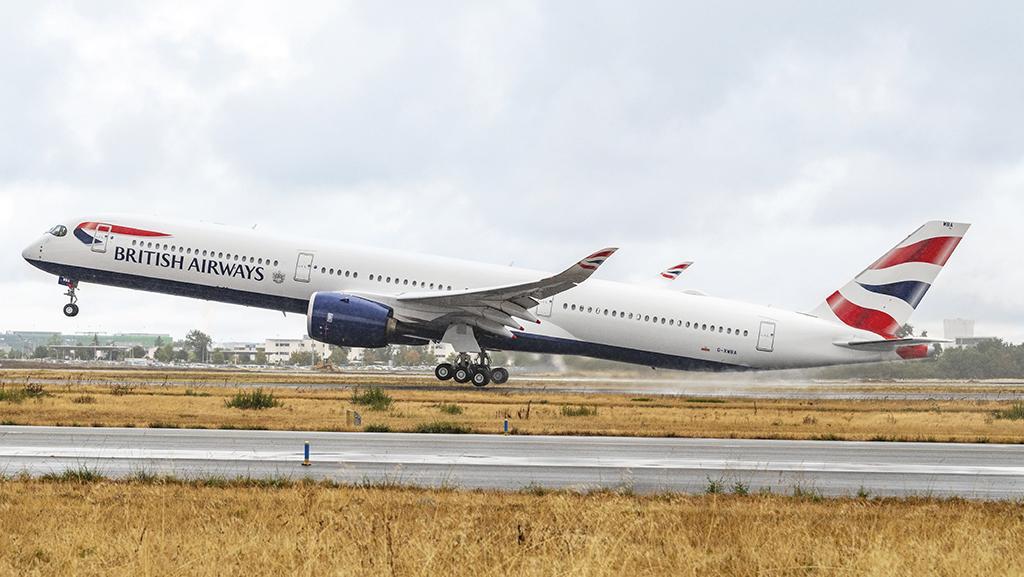Why The Widebody Market Will Remain Weak For Years

This is an abbreviated version of the article - In Trouble Before The Pandemic, Widebodies Will Remain Problematic.
The widebody market had been slow for years even before the COVID-19 pandemic hit. Airbus had to terminate the A380 program, and Boeing will end the 747 soon. The current crisis has made an already difficult market even worse for the two manufacturers, threatening the viability of programs and offering a much less optimistic outlook even for the long term.
Airbus has reacted to the crisis by slashing production rates. Monthly A350 output is now down to five aircraft, from what was 10 at peak times. A330neo production also has essentially been halved to two aircraft per month. Many analysts have suggested the cuts have not been deep enough.
Priorities are shifting within the widebody segment. At some point, Airbus had considered stretching the A350 further to have it compete head-to-head with the Boeing 777-9. Now even the A350-1000 is looking marginal, just like the largest Boeing twin.
Find out more about Boeing, Airbus and what this weakness means in the full article.
News is not much better for the 777 program. The combined 777 and 777X rate, slowing to just two per month from the current five in 2021, looks likely to remain for some time. Boeing also has accepted that the target date for service entry of the 777-9, the first variant of the 777X family, has now slid to later in 2022 from 2021—at least.
“As with any development program, there are inherent risks that can affect schedule,” CEO Dave Calhoun says. “While we continue to drive toward entry into service in 2022, this timing will ultimately be influenced by certification requirements defined by the regulators.”
Read the full article 'In Trouble Before The Pandemic, Widebodies Will Remain Problematic' by Jens Flottau, Guy Norris and Sean Broderick.




